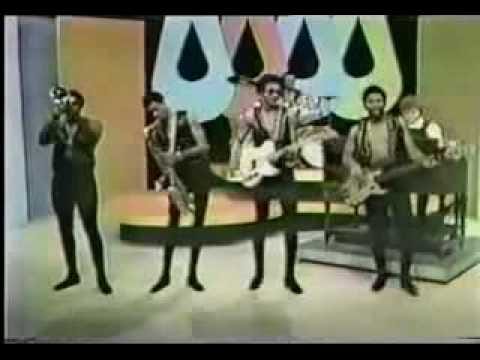Among the many essential aspects of last week's Democratic National Convention was its strongest policy statement: A commitment to The Funk. To soul, rap, r&b, progressive country, and theme songs committed to "freedom." There were two: Beyoncé's "Freedom" ("Comma-La's" official theme song) and Jon Batiste's "Freedom." In fact, after the rollicking roll call (which featured a rapping Lil Jon leading the Georgia delegation), New Orleans' native and one-time Walker Percy protege Walter Isaacson was on "Morning Joe" wondering why Batiste's song was not the DJ Cassidy’s theme for the Louisiana delegation. From that moment, Baptiste's song was ubiquitous: Brother Isaacson certainly has influence.
But listen! The Democrats have not always had the monopoly over black music in the political theater. In 1988, Newsday sent me to Washington to cover one of the inaugural balls for incoming President George Herbert Walker Bush. It was a blues and r&b fest at the Washington Convention Center. Bush c…
Keep reading with a 7-day free trial
Subscribe to Critical Conditions by Wayne Robins to keep reading this post and get 7 days of free access to the full post archives.



